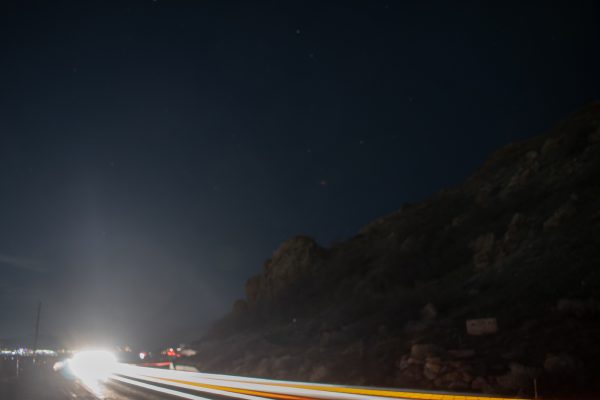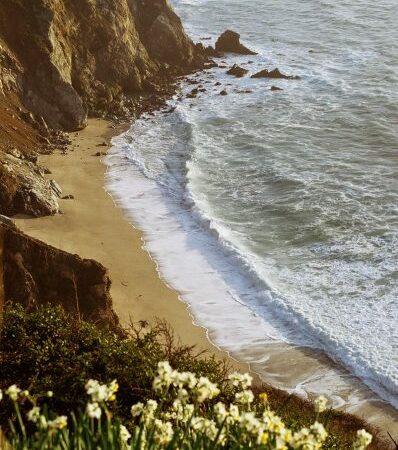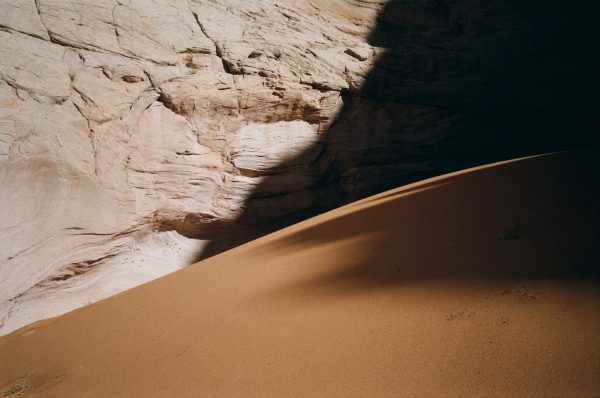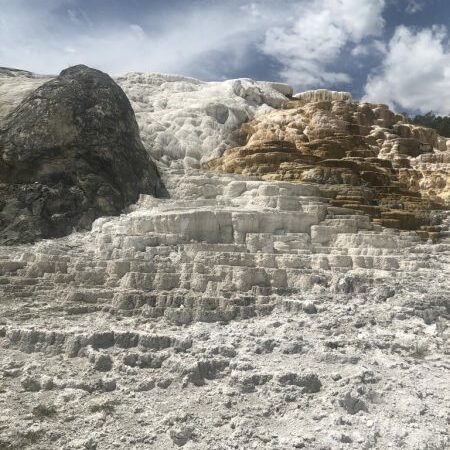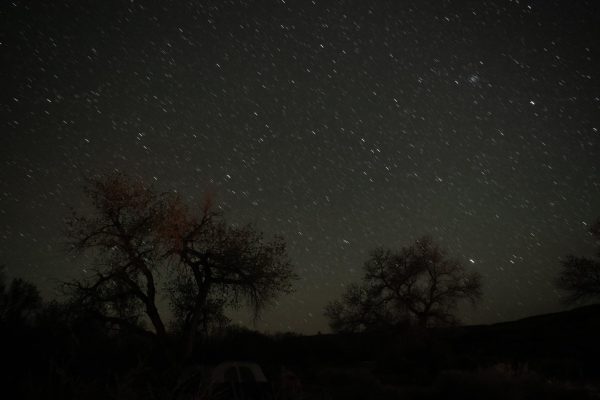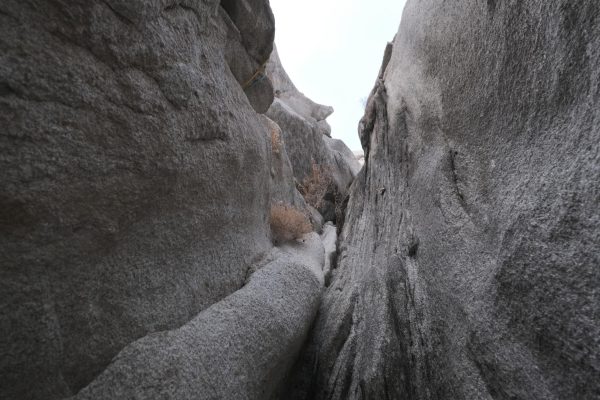The Grayl Ultrapress: The Holy Grayl in Backpacking Purifiers
In all of my experiences backpacking with other people, there has only ever been one piece of gear I have ever truly envied. Among all of the bougie ultralight tents and backpacks that one would expect to find the most appealing, this piece of gear remained the most coveted to the remainder of my backpacking kit up until recently. Now, with it finally in my hands and after a fair amount of use, allow me to introduce to you what I think is the most phenomenally capable water filter+purifier on the market: The Grayl Ultrapress.
Speed
My absolute least favorite part of backpacking is the chore of filtering water for meals and the adventures of the next day. Nobody likes cold hands, and spending what seems like an eternity filling up your Camelbak as the sun sets is definitely not the part of backpacking everyone writes home about. Using a press-filter system similar to brewing coffee in a French press, the Ultrapress allows users to fill the outer cup with 16.9 fl oz of unfiltered water and use the inner press to filter water at an incredible 3 liters per minute. Compared to my old filter I used before, The Sawyer Mini, a flow rate of 1 liter per minute really didn’t cut it for me. In addition to speed, having already filtered water with me in my filter is something I really look for. While The Mini comes with a 16 fl oz bladder, I don’t love carrying around a soft, cumbersome bladder. The durable outer body of The Ultrapress that easily fits into any pocket really appeals to me.
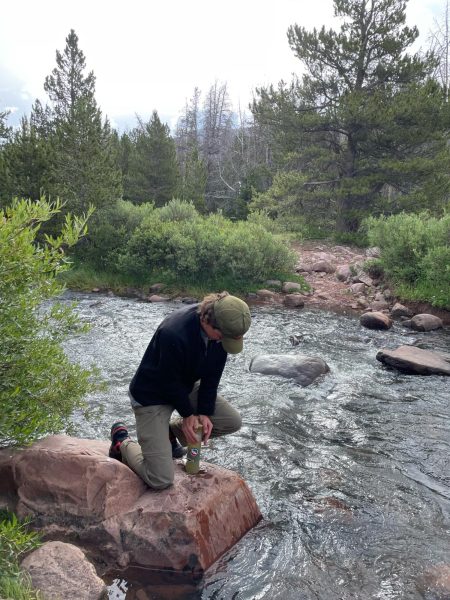
Filtering vs Purifying
What’s important to mention about this filter (or should I say purifier) is the extent of its capabilities. While most people, including myself, refer to water procurement devices as “filters” it’s important to acknowledge the difference between a filter and a purifier. A filter is only capable of removing particulates, bacteria, and protozoa. While this alone is sufficient for most backpackers, especially those using pristine backcountry streams, a purifier takes it a step further. With filter AND purification capabilities, The Ultrapress is able to remove viruses like Hepatitis A, chemicals, and even heavy metals. While these (hopefully) aren’t present in the backcountry, the capability to remove these more extreme pathogens makes it a great choice to take with you on an out of country vacation where clean water isn’t guaranteed. And because of its low-profile design, you can take this bottle with you on virtually any occasion.
Weight
One of the only real drawbacks that I’ve seen with this filter is the weight. Made from a pretty sturdy plastic composite, The Ultrapress comes in around 12.5 ounces empty. While I’m no ultralight backpacker, it’s definitely a bit more weight than I’d usually carry for a filter. Compared to The Sawyer Mini that comes in at under two ounces, there are absolutely lighter options out there if that’s something you ultralighters are worried about. Despite the weight, it’s definitely worth its weight in gold. Having a capable, fast filter that I can take anywhere with me is really my biggest concern.
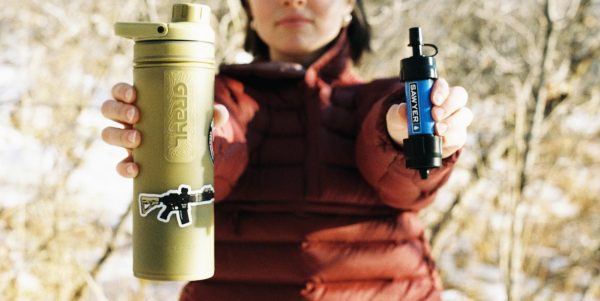
Life-Span
Something else to consider is how much water you can filter on a single system. Compared to another purifier on the market at a similar price like the MSR Miniworks, Ultrapress doesn’t even come close in the amount of water that can be treated using a single filter. While the MSR can purify almost 2000 liters, The Ultrapress only comes at around 30 gallons of water, or 300 presses. I think what’s important is to recognize what this filter is really made for. While other ones on the market cater to more of the survival/emergency preparedness side, I would argue that this one is really only made specifically for casual use. You absolutely could keep this and a few extra cartridges (which go for around $25 dollars each) around your house for emergency prep, but at the end of the day I’d only really recommend it for recreational use.
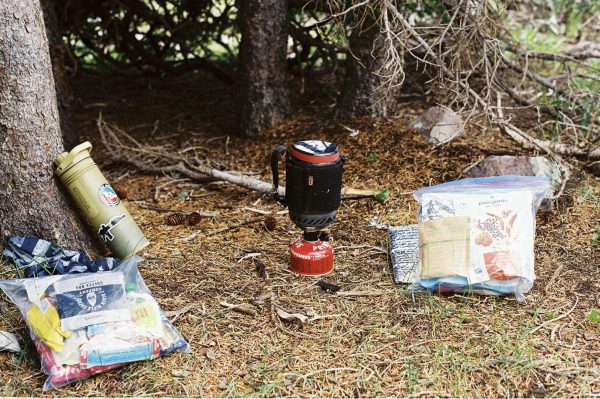
End User Failure
While I haven’t experienced any real issues that would cause concern for me, I have witnessed this filter, or rather the cartridges itself, fail while in the field. While on a 50-mile trip through The Highline Trail, a person in my group had a brand-new cartridge fail to where it was basically unusable. The press slowly became more and more difficult, and it eventually reached the point where no water would come through. Upon returning from the trip, my partner reached out to Grayl and explained the failure. While super frustrating and simply not acceptable, the company immediately sent them dozens of extra filters to apologize for the failure. In terms of this being a common issue someone should worry about with this product; I would say based on the reaction from Grayl they place high expectations on their product. Take this example of failure as you will, but I think at the end of the day there’s very little risk of this happening.
Final thoughts
Coming in at around $90 online, I think the Grayl is not only one of the best but the more reasonably priced purifiers on the market. Compared to some of the options from MSR that push $150-$300, this purifier really is not a bad price. Of course, you could always buy a filter from the likes of Sawyer for well under $50 that are exceptional, but if you’re looking for something that filters AND purifies, look no further than the Grayl Ultrapress.
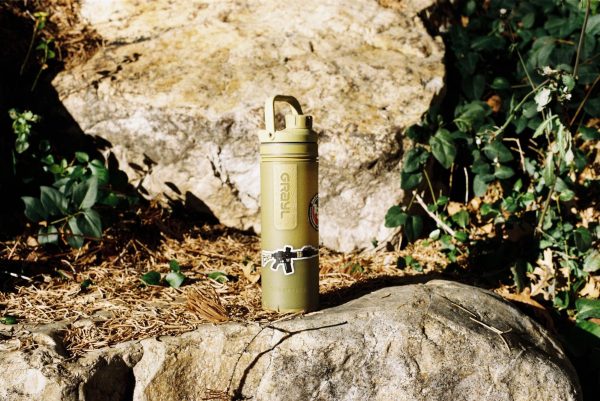
The post The Grayl Ultrapress: The Holy Grayl in Backpacking Purifiers appeared first on Wasatch Magazine.
Source: https://wasatchmag.com/the-grayl-ultrapress-the-holy-grayl-in-backpacking-purifiers/


